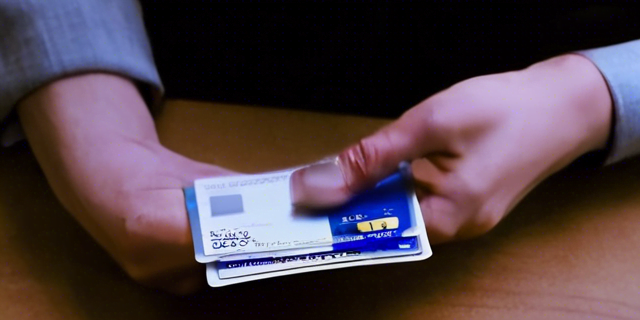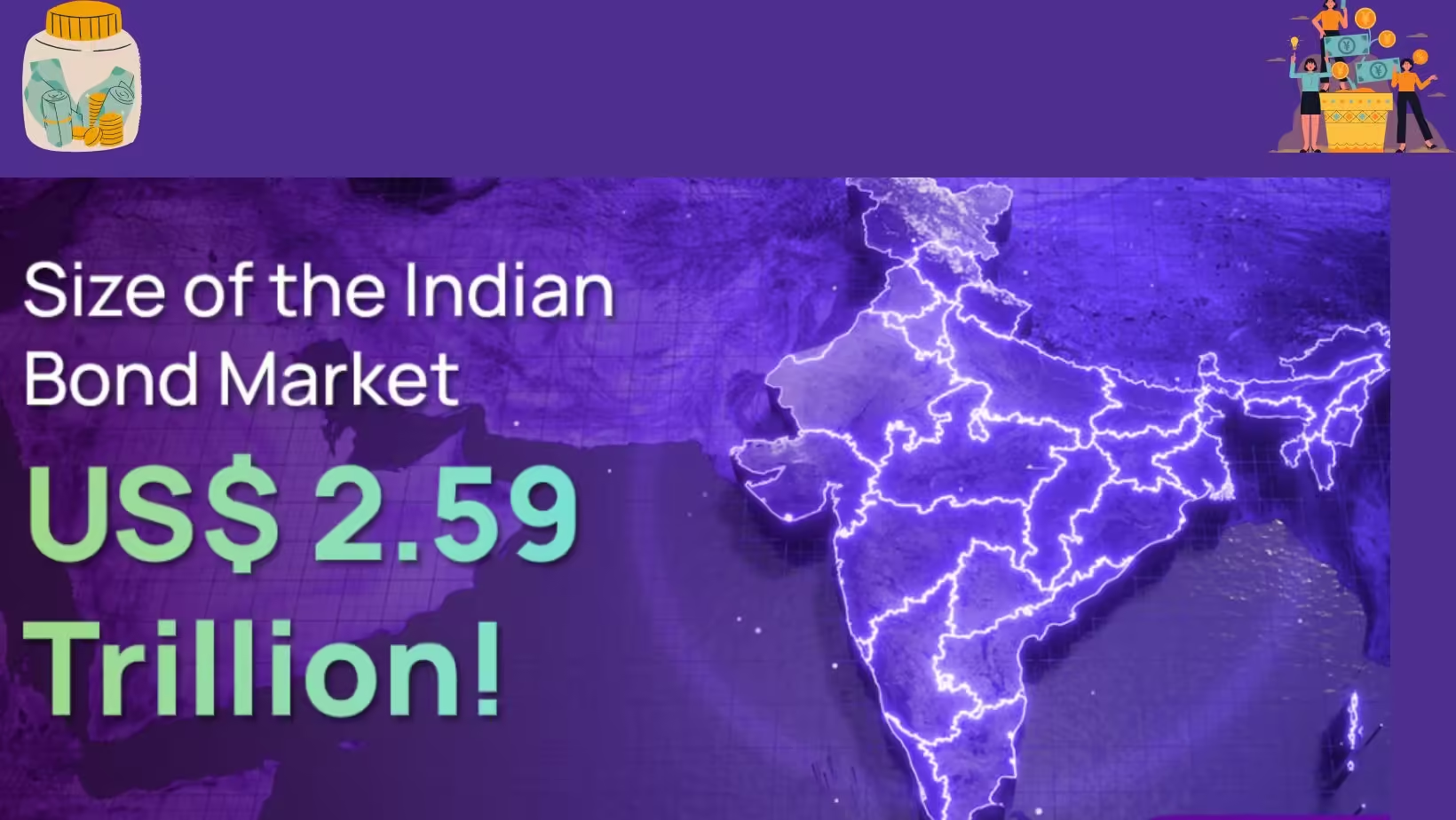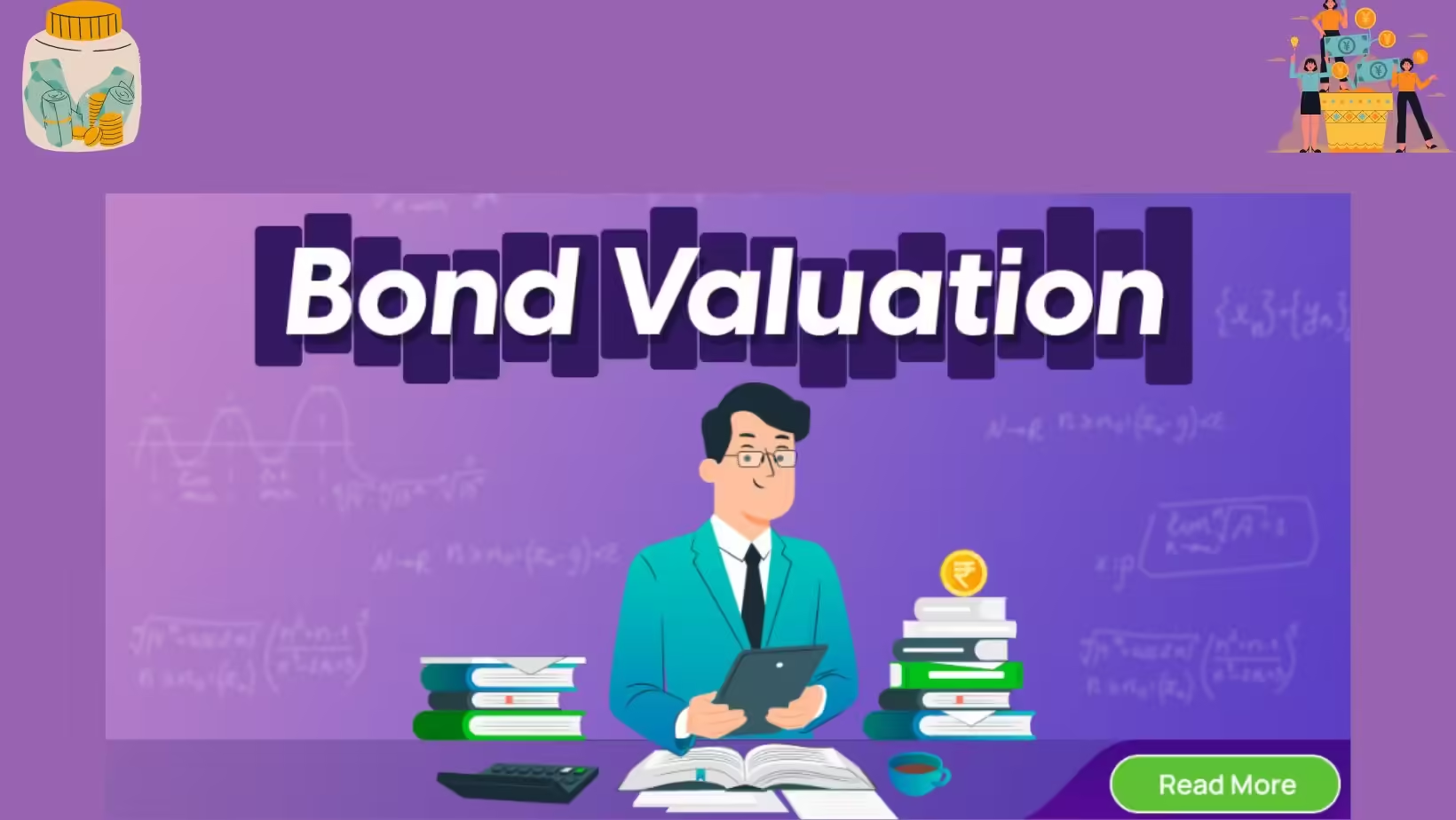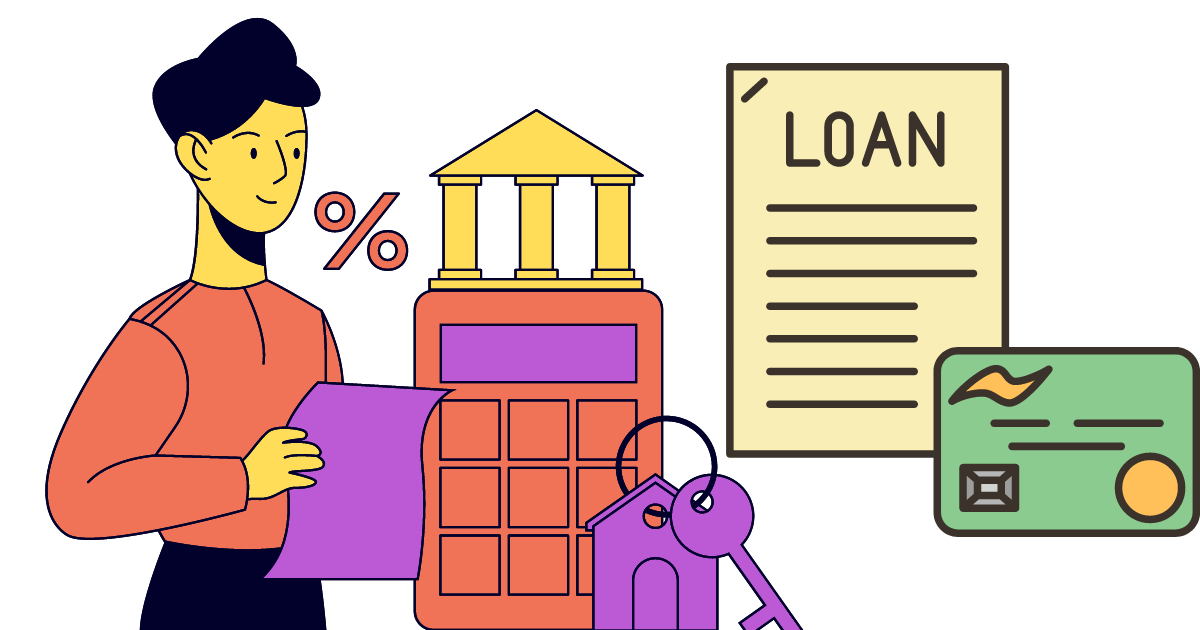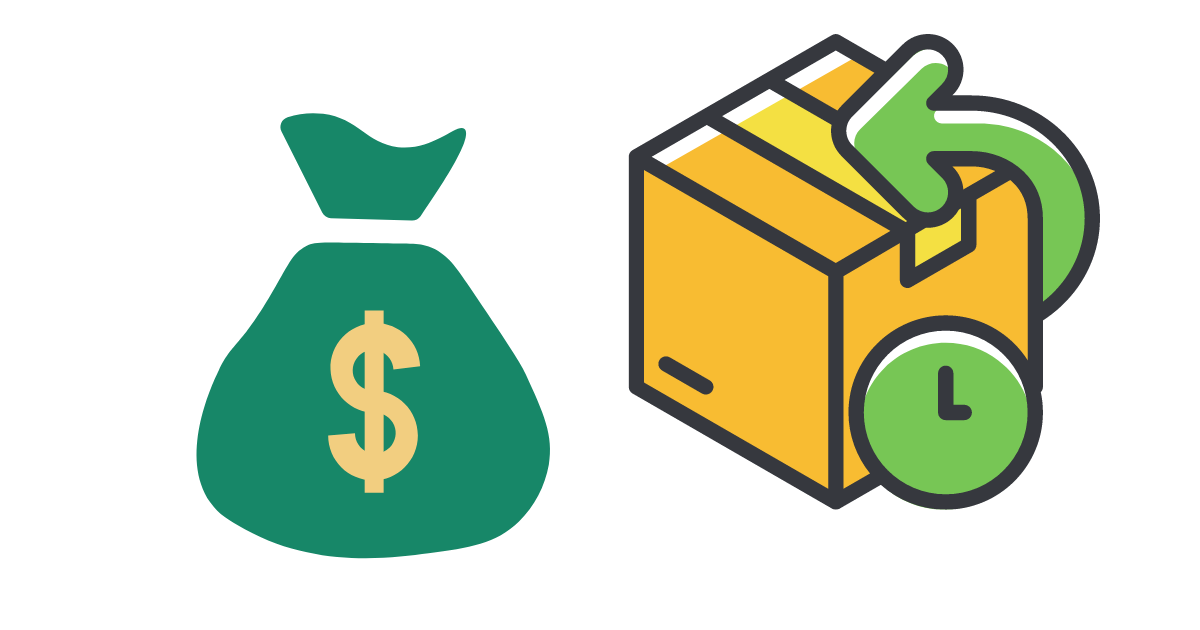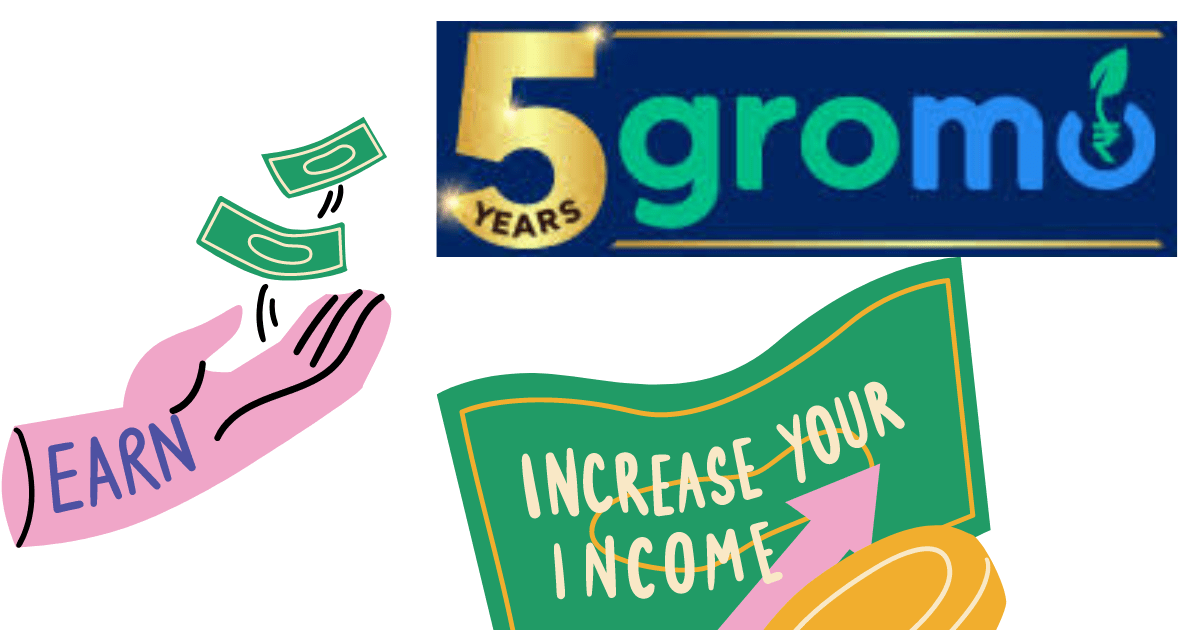Credit Card: What It Is, How It Works, and How to Get One
Have you ever found yourself in a checkout line, about to pay for your purchases, and noticed someone else paying with just a quick swipe or tap of a plastic card? That’s a credit card in action, and it’s a pretty common sight in today’s world. But if you’re new to the world of finance, you might wonder exactly what a credit card is, how it works, and how you might get one for yourself.
Credit cards are powerful financial tools that, when used responsibly, can help manage your money, build your credit score, and even earn rewards. In this blog post, we’re going to break down everything you need to know about credit cards – from the basics of their operation to tips on applying for one. So, whether you’re planning to get your first credit card or just looking to understand more about how they work, you’re in the right place!
Understanding Credit Cards
Credit cards are more than just a piece of plastic in your wallet. They’re powerful financial tools that, when used responsibly, can help manage finances, build credit, and even earn rewards. But what exactly is a credit card, and how does it work? Let’s dive into the basics to build a solid foundation.
What is a credit card?
A credit card is a type of loan offered by financial institutions that allows you to borrow money up to a certain limit with the promise to pay it back. It’s a convenient form of payment for both in-person and online purchases. Unlike debit cards, which draw directly from your checking account, credit cards provide a short-term loan. This means when you use a credit card, the bank is essentially covering your purchase while you owe them the borrowed amount.
Each month, the credit card company sends a statement listing all the transactions you’ve made, the total amount you owe, and the minimum payment required by a specific due date. Paying your bill on time and in full is crucial to avoid interest charges and maintain a healthy credit score.
How do credit cards work?
Understanding the mechanics of credit cards can seem daunting, but it’s pretty straightforward once you break it down. Here are the main components:
– Credit Limit: This is the maximum amount you can borrow on your card. It’s determined by your credit card issuer based on factors like your credit history and income.
– Purchases: Whenever you buy something with your credit card, the amount is added to your balance, decreasing your available credit.
– Interest: If you don’t pay off your full balance by the due date, you’ll be charged interest on the remaining amount. The rate varies by card and is detailed in your card agreement.
– Minimum Payment: This is the lowest amount you must pay by the due date to keep your account in good standing. However, paying only the minimum can lead to substantial interest charges over time.
By understanding these elements, you can navigate credit card usage more effectively, making sure it benefits rather than harms your financial health.
Types of Credit Cards
Just as there are many different financial needs and goals, there are various types of credit cards designed to match. Whether you’re looking to build credit, earn rewards, or just need a basic card for everyday purchases, there’s likely a card that fits your lifestyle. Let’s explore some of the most common types.
Basic credit cards
Basic credit cards or “standard” credit cards are the simplest form. They offer no frills or rewards but provide the essential function of allowing you to make purchases and build credit. These cards often have lower credit limits and straightforward terms, making them a good choice for those new to credit or who prefer simplicity in their financial tools.
Rewards credit cards
Rewards credit cards are designed for those who want to get more from their spending. These cards offer incentives like cash back, points, or miles for every dollar spent. The rewards can then be redeemed for a variety of things, including travel, merchandise, or statement credits.
There are several types of rewards cards to consider:
– Cash-Back Credit Cards: These cards return a percentage of your spending as cash rewards. They’re a fantastic option if you value simplicity and flexibility.
– Travel Cards: Tailored for frequent travelers, these cards earn miles or points that can be redeemed for flights, hotel stays, and more. They often come with travel-related perks.
– Points Cards: These cards earn points for purchases that can be redeemed for a range of rewards, from gift cards to electronics.
Choosing the right rewards card depends on your spending habits and rewards preference. Remember to consider the annual fee and whether you’ll earn enough in rewards to offset it.
Secured credit cards
Secured credit cards are a crucial tool for building or rebuilding credit. Unlike standard credit cards, secured cards require a cash deposit that serves as your credit limit. This deposit minimizes the risk to the lender, making secured cards more accessible to those with poor credit or no credit history.
The process works like this:
1. You apply for the card and make a deposit.
2. You use the card like any other credit card, making purchases and paying your bill.
3. Paying your bill on time helps build your credit history.
4. Eventually, you may qualify for an unsecured card and get your deposit back.
Secured cards are a powerful way to demonstrate your creditworthiness and move toward more traditional credit cards.
Understanding credit cards means recognizing not just their potential but also their pitfalls. Late payments, high balances, and lack of understanding can lead to debt and credit issues. However, when used wisely, credit cards are invaluable tools for managing finances, earning rewards, and building credit. Whether you’re a first-time cardholder or looking to diversify your wallet with a new card type, being informed is your first step towards making the most of what credit cards have to offer.
Benefits of Using a Credit Card
Credit cards are not just pieces of plastic or digital numbers stored in our phones; they come with a bundle of advantages that can make our financial lives much easier. From buying now and paying later to accumulating points that can be exchanged for travel tickets or gifts, the benefits are numerous. Let’s explore a few key perks that make credit cards a go-to financial tool for many.
Convenience
One of the most palpable benefits of using a credit card is convenience. Whether you’re shopping online, booking flights, or paying for groceries, a credit card makes transactions effortless and quick. Gone are the days of carrying wads of cash or writing checks. In many cases, using a credit card is as simple as tapping your card or even your phone (thanks to digital wallets) at the register. Additionally, credit cards make it possible to make emergency purchases when cash flow is low, ensuring you’re never caught off-guard by unexpected expenses.
Building Credit History
Using a credit card responsibly is one of the most effective ways to build a positive credit history. Every time you make a purchase and pay off your balance on time, you’re demonstrating to credit bureaus that you’re a reliable borrower. This can have a profound impact on your financial life, increasing your credit score and improving your chances of being approved for loans with favorable terms in the future. Whether you’re dreaming of buying a home or leasing a car, a good credit history can help make those dreams a reality.
Rewards and Perks
Credit cards are famous for the rewards and perks that come with them. From cashback on everyday purchases to points that can be redeemed for airfare, hotel stays, or even dining, the potential to earn while you spend is an attractive proposition for many. Additionally, many credit cards offer sign-up bonuses, providing a nice heap of points or cashback just for using the card. Other perks may include extended warranties on purchases, complimentary travel insurance, and access to exclusive sales or events. These rewards and perks can add significant value, making credit cards a smart choice for savvy shoppers.
Factors to Consider Before Getting a Credit Card
While the advantages of credit cards are clear, it’s essential not to rush into getting one without careful consideration. There are several key factors that you should weigh to ensure that you choose a credit card that aligns with your financial habits and goals. Let’s discuss a few crucial considerations.
Credit Score
Your credit score is a critical factor in determining which credit cards you’re eligible for. Higher scores generally grant access to cards with better terms, such as lower interest rates and more generous rewards programs. Before applying for a credit card, it’s a good idea to check your credit score to gauge your chances of approval. If your score is on the lower side, you might consider building it up with responsible financial behavior or looking into cards specifically designed for credit building.
Interest Rates
Interest rates, or APR (Annual Percentage Rate), are a critical aspect to consider when choosing a credit card. If you’re someone who plans to carry a balance from month to month, the interest rate will directly impact how much you’ll pay in charges over time. It’s worth comparing different cards to find one with the lowest possible APR. Remember, promotional rates can be enticing, but it’s essential to know the regular APR that will kick in after the promotional period ends.
Fees and Penalties
Lastly, be mindful of the various fees and penalties that can accompany credit card usage. Annual fees, late payment fees, and foreign transaction fees can add up and eat into the benefits you receive from the card. While some cards come with higher fees, they may offer rewards that justify the cost, so weigh the benefits against the fees carefully. Understanding the fee structure of a card before you sign up can save you from unpleasant surprises down the line.
In conclusion, credit cards offer a plethora of benefits that can enhance your financial life, from improved convenience and the opportunity to build a strong credit history to accessing rewards and perks that add value to your purchases. However, it’s essential to approach credit cards with a responsible mindset, considering factors like your credit score, the card’s interest rates, and any associated fees before making your choice. With the right approach, a credit card can be a powerful tool in managing your finances and achieving your financial goals.
How to Get a Credit Card
Navigating the world of credit cards can be both exciting and overwhelming. Here’s a step-by-step guide on how to get your hands on one:
Research different credit card options
Before diving into the sea of credit cards, it’s crucial to understand that not all cards are created equal. Each card comes with its set of perks, fees, and interest rates. Start by identifying your needs. Are you looking for a card that offers rewards such as cashback or travel points? Or are you more interested in a card with a low-interest rate? Once you’ve pinpointed what you’re looking for, researching becomes a lot easier. Use comparison websites, read reviews, and don’t shy away from asking friends and family about their experiences. Remember, knowledge is power, especially when it comes to choosing the right credit card.
Check your credit score
Your credit score is like a financial report card. It tells lenders how reliable you are when it comes to borrowing money. The higher your score, the better your chances of being approved for a credit card. Before applying, it’s a good idea to check your credit score. This can be done for free through various online platforms or sometimes through your bank. If your score is on the lower side, don’t fret! There are credit cards designed for building or repairing credit. However, these cards might come with higher interest rates or fees, so it’s important to read the fine print.
Apply for a credit card
Once you’ve done your research and checked your credit score, it’s time to apply. Most credit card applications can be completed online, making the process quick and easy. During the application, you’ll be asked to provide personal information, including your income and employment details. It’s crucial to be honest and accurate when filling out this information. After submitting your application, there might be a short waiting period while the credit card company reviews your information. If approved, congratulations! You’re on your way to becoming a credit card holder. If denied, don’t lose hope. Reach out to the company to understand why and what steps you can take to improve your chances in the future.
Tips for Responsible Credit Card Use
Having a credit card comes with great convenience but also great responsibility. Here are some tips to ensure you’re using your credit card wisely:
Pay your balance in full and on time
One of the golden rules of credit card use is to pay your balance in full and on time every month. Doing so helps you avoid interest charges and late fees, which can quickly add up. More importantly, it helps maintain or improve your credit score. Setting up automatic payments or reminders can be helpful in managing this task. If you’re unable to pay the full amount, try to pay more than the minimum payment to reduce the interest accrued.
Monitor your spending
It’s easy to get carried away with spending when you’re not using physical cash. To avoid this pitfall, regularly monitor your credit card activity. Many credit card companies offer apps or online platforms where you can check your spending in real time. Keeping an eye on your transactions can help you stay within your budget and spot any unauthorized charges promptly.
Avoid maxing out your credit limit
Just because you have a certain credit limit doesn’t mean you should use it all. Maxing out your credit card can negatively impact your credit score, as it increases your credit utilization ratio (the amount of credit you’re using compared to your limit). A good rule of thumb is to keep your credit utilization under 30%. This not only helps your credit score but also ensures you have a buffer in case of emergencies.
Responsible credit card use is crucial for maintaining a healthy financial life. By following these steps and tips, you’re not only setting yourself up for a positive credit history but also fostering good financial habits that will benefit you for years to come. Remember, a credit card is a financial tool, and when used wisely, it can be incredibly beneficial.
top credit card agency
In the grand scheme of things, credit cards are more than just a convenient way to make purchases. They are tools that, when used wisely, can help build your credit score, offer rewards and protections, and even manage your finances more effectively. However, it’s crucial to remember that with great spending power comes great responsibility.
When it comes to credit cards, it’s important to remember that having a high credit limit doesn’t mean you should utilize it all. Maxing out your credit card can have a negative impact on your credit score, as it increases your credit utilization ratio. Aim to keep your credit utilization below 30% to maintain a healthy credit score and have a financial buffer for unexpected circumstances. Responsible credit card usage is vital for a strong financial future, and by following these guidelines, you can develop good financial habits that will benefit you in the long run. Remember, a credit card is a valuable financial tool that, when used wisely, can bring significant advantages.
Conclusion
Before diving into the world of credit, make sure you’re ready to manage your spending, understand the terms and conditions of the card, and always, always pay your bills on time. Whether you’re getting your first credit card or adding another to your wallet, taking the time to understand how credit cards work and how to get one will set you up for financial success. Safe spending!

